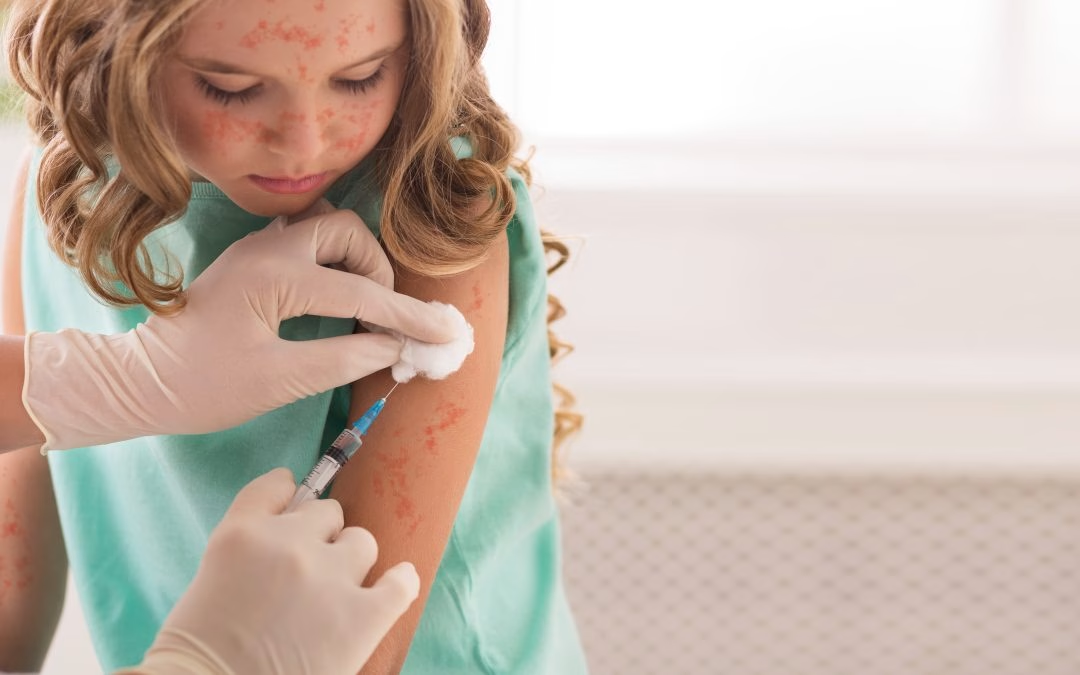
Rashes can be caused by many things, whether it’s an allergy to a specific food, plant or medication, or whether it was spread by someone with a contagious infection. Whatever the case may be, rashes are uncomfortable and itchy, and no one wants to experience one.
Read on as our team at AFC Urgent Care Ooltewah provides further helpful information on rashes and their common causes.
What Is an Allergic Rash?
An allergic rash is a type of allergic reaction to a substance that is deemed harmful by your body’s immune system. During an allergic reaction, your immune system releases antibodies. These are proteins that tell your body’s cells to stop whatever substance is trying to enter the body.
The cells then send out histamine and other chemicals, which cause the blood vessels to expand and triggers allergy symptoms, such as a rash. You can come into contact with substances that cause allergic reactions in many ways: through the skin, eyes, nose, mouth and/or stomach. We’ve listed some common symptoms of an allergic reaction, in addition to a rash, below.
Allergic Reaction Symptoms
- Sneezing and an itchy, runny or stuffy nose
- Itchy, red, watering eyes (conjunctivitis)
- Wheezing, chest tightness, shortness of breath and a cough
- Swollen lips, tongue, eyes or face
- Stomach pain, feeling sick, vomiting or diarrhea
- Dry, red and cracked skin
How Can I Treat an Allergic Rash?
The best thing you can do is not scratch your rash. Scratching can cause the rash to become infected, which can cause further and more severe medical problems.
The American Academy of Allergy, Asthma and Immunology (AAAAI) says that once an allergic reaction starts, it may take 14–28 days to go away, even with treatment. There are some ways you can treat your rash at home, such as a cold compress, OTC oral antihistamines and cortisone cream, but don’t wait to visit your doctor or our AFC center if you experience any of the symptoms below.
When to Seek Medical Care
- A rash is all over the body. A rash that covers the body could indicate something problematic, such as an infection or allergic reaction.
- A rash is accompanied by a fever. This also could be caused by an allergic reaction or an infection. Examples of rashes caused by infection include scarlet fever, measles, mononucleosis and shingles.
- The rash is sudden and spreads rapidly. A common cause of this is an allergy to a medication. If breathing becomes difficult, go to the emergency room or call 911.
- The rash is painful.
- The rash is infected. If you have an itchy rash and you scratch it, it may become infected. Signs of an infected rash are yellow or green fluid; swelling, crusting, pain, warmth in the rash area; or a red streak coming from the rash.
Has your child developed a rash after attending a local summer camp? Don’t wait to get the treatment he or she needs. Visit our AFC Urgent Care Ooltewah center!


